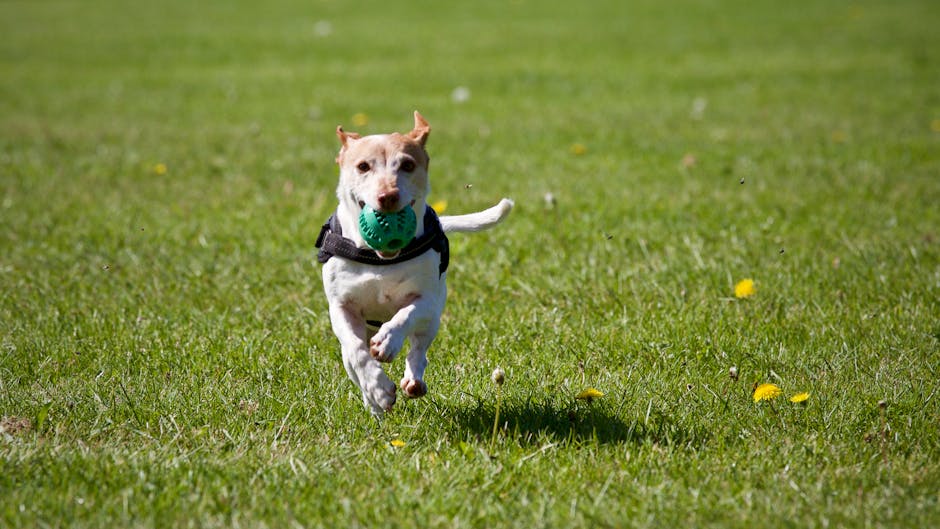Every dog owner desires a well-behaved, obedient companion. Dog training is the key to unlocking this potential, fostering a harmonious relationship between you and your furry friend. Here's a comprehensive guide to help you get started on your dog training journey.
**Understanding Your Dog's Behavior**
The foundation of effective dog training lies in understanding your dog's behavior and communication. Observe your dog's body language, paying attention to their ears, tail, and facial expressions. These cues provide valuable insights into their emotions and intentions.
**Training Methods**
Various dog training methods exist, each with its own approach and effectiveness. Positive reinforcement, which rewards desired behaviors, is widely recommended. Other methods include clicker training, which uses a distinct sound to mark correct actions, and dominance theory, which emphasizes the establishment of a clear hierarchy.
**Basic Commands**
Start training your dog with essential commands such as sit, stay, come, and heel. These commands provide a foundation for more advanced training and ensure your dog's safety and obedience in different situations.
**Consistency and Patience**
Consistency is crucial in dog training. Use the same commands and gestures every time, and reward your dog immediately for desired behaviors. Patience is equally important, as dogs learn at different paces. Avoid getting frustrated and reward your dog's progress, no matter how small.
**Socialization**
Exposing your dog to different people, animals, and environments is essential for their socialization. This helps them develop confidence and prevents aggression or fear-based reactions. Take your dog to parks, dog parks, and other social settings to expose them to various stimuli.
**Advanced Training**
Once your dog has mastered the basics, you can progress to more advanced training, such as agility, obedience competitions, or service dog training. These activities provide mental and physical stimulation for your dog and strengthen your bond.
**Professional Help**
If you encounter difficulties in training your dog or have specific behavioral concerns, don't hesitate to seek professional help. Dog trainers can assess your dog's individual needs, provide personalized training plans, and guide you through the process.
**Conclusion**
Dog training is an ongoing journey that requires patience, consistency, and understanding. By following these tips, you can unlock your dog's full potential, creating a harmonious and enjoyable relationship that will last for years to come. Remember to tailor your training to your dog's unique personality and needs, and never hesitate to seek professional help if necessary.
